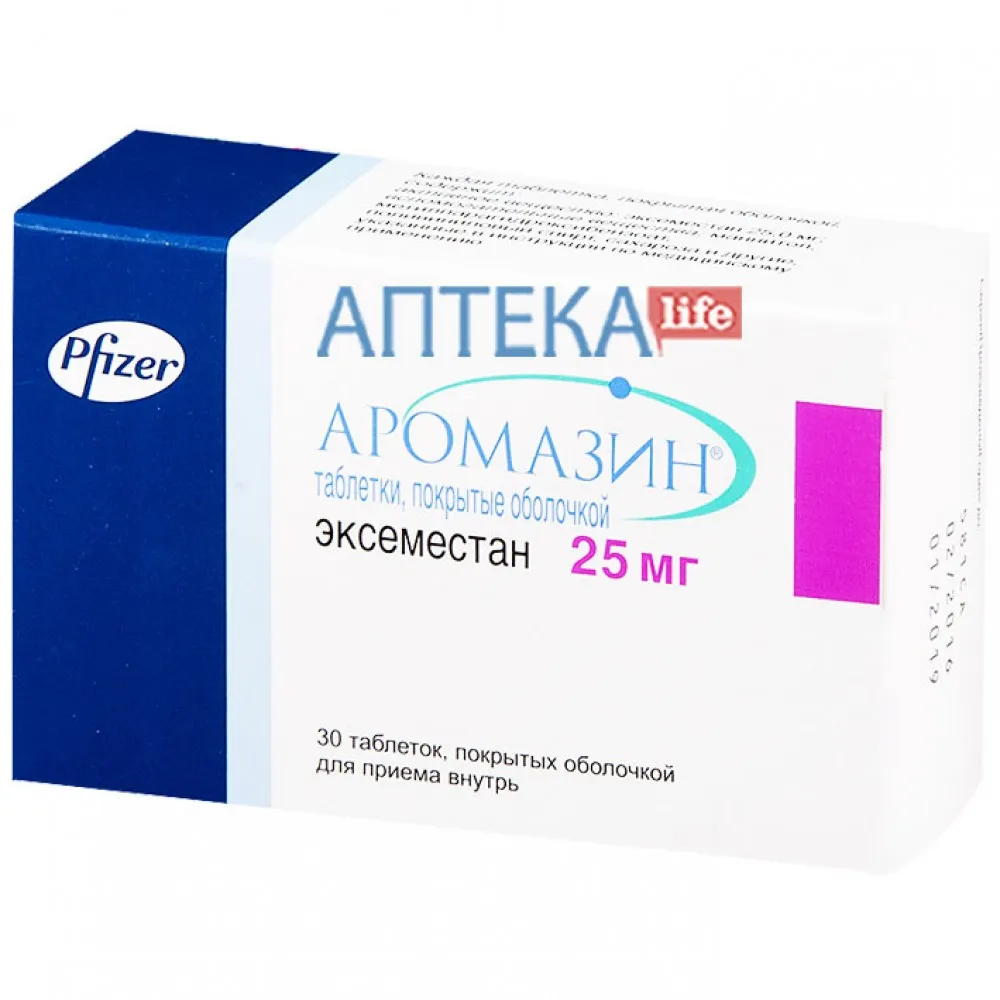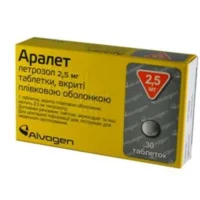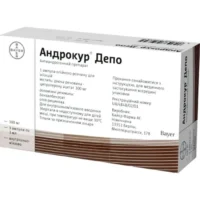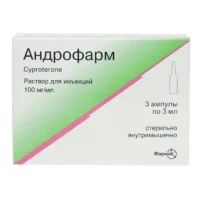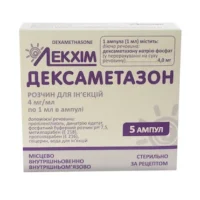Description
Aromazin (Exemestane) Tablets 25 mg. №30
Ingredients:
Each tablet contains 25 mg of exemestane as the active ingredient.
Mechanism of Action:
Exemestane, the active ingredient in Aromazin, is an aromatase inhibitor that works by reducing the production of estrogen in the body. This mechanism of action is crucial in the treatment of hormone receptor-positive breast cancer, where estrogen fuels the growth of cancer cells.
Pharmacological Properties:
Exemestane acts as a steroidal aromatase inactivator, leading to a reduction in estrogen levels in postmenopausal women, thereby inhibiting the growth of hormone receptor-positive breast cancer cells.
Indications for Use:
Aromazin tablets are indicated for the adjuvant treatment of postmenopausal women with hormone receptor-positive early breast cancer.
Contraindications:
Do not use Aromazin if you are pregnant, breastfeeding, or allergic to exemestane. It is important to consult with a healthcare provider before starting treatment with Aromazin.
Side Effects:
Common side effects of Aromazin may include hot flashes, fatigue, joint pain, and other symptoms. It is essential to report any adverse reactions to your healthcare provider.
Usage Instructions:
The recommended dosage is one 25 mg tablet taken orally once daily after a meal. Swallow the tablet whole with a glass of water. Do not crush or chew the tablet.
Benefits Compared to Analogues:
Aromazin has demonstrated efficacy in reducing the risk of cancer recurrence in postmenopausal women with early breast cancer. Compared to other aromatase inhibitors, Aromazin may offer improved disease-free survival rates and tolerability profiles.
Suitable Patient Groups:
Aromazin is suitable for postmenopausal women with hormone receptor-positive early breast cancer. It is not recommended for use in pregnant or breastfeeding individuals. Special caution should be exercised when prescribing Aromazin to elderly patients or those with specific medical conditions. Consult a healthcare provider for personalized recommendations.
Storage and Shelf Life:
- Store Aromazin tablets at room temperature away from moisture and heat.
- Keep the tablets in their original packaging to protect them from light and moisture.
- Check the expiration date on the packaging and do not use expired tablets.
Packaging Description:
Aromazin tablets are typically packaged in a blister pack to ensure individual tablet protection and ease of use. Each pack contains 30 tablets of 25 mg strength.

